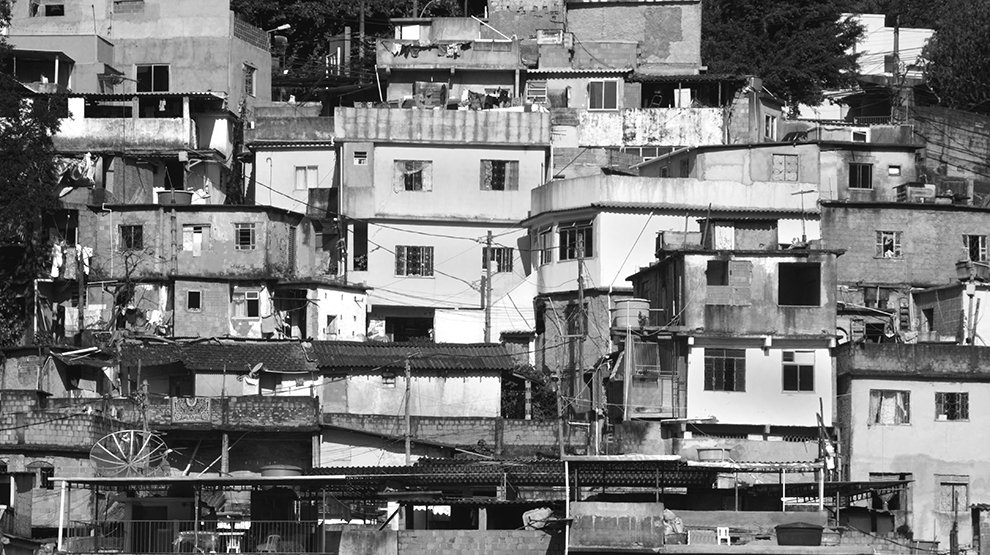In Brazil—and Latin America—Hope Beyond the Headlines
by , Fixed Income AllianceBernstein
August 01, 2016
A corruption scandal that toppled a president. An economy mired in recession. A mosquito-borne disease with no known cure. Brazil has had plenty of bad news in the run-up to the Olympics. But a look beyond the headlines hints at a country—and a region—quietly moving in the right direction.
That doesn’t mean the challenges Latin America’s biggest country faces aren’t serious. The economy shrank by nearly 4% in 2015 and will shrink again this year. That ensures that Brazil’s problems—from crime and corruption to mosquitoes and public health—won’t be solved overnight.
Nonetheless, there are silver linings among the clouds—and we think they’re getting brighter. As the Olympics get underway, here are some of the positives that the media has missed:
New government, new (market-friendly) policies. The scale of the multi-billion-dollar bribery and money-laundering scandal involving state-run oil company Petrobras was staggering. But it also brought about much-needed change in the form of a new government that appears committed to fixing the large fiscal imbalances that have crowded out investment and stunted growth.
State-owned enterprises are also embracing a market-oriented approach, selling non-core assets, cutting capital spending and, in the case of state banks, limiting the role of subsidized lending that has distorted credit markets and driven up borrowing costs for businesses and consumers.
An independent judiciary and engaged citizenry have restored faith in democracy. Brazil’s constitutional process worked as it was designed to. Judges were able to prosecute powerful politicians and businessmen without impediment.
Other institutions—the police, the media—did their jobs well, too. And an informed emerging middle class adept at using social media took to the streets in overwhelming numbers to make their voices heard. This marks a fundamental shift in people’s ability to expose and confront corruption.
Companies are cracking down on fraud. They’re hiring international accounting firms to improve compliance, engaging independent counsel to investigate allegations of employee wrongdoing and improving whistleblower procedures. The result should be better corporate governance and better financial disclosure for investors.
Interestingly, Brazil’s not the only Latin American country under new management. Others are also trying to put the days of state-sanctioned corruption and interventionist government policies behind them and move toward a more practical brand of politics and economic orthodoxy.
In Argentina, new President Mauricio Macri has made reforming the economy a top priority. After taking office last year, he helped end a dispute with holdout creditors dating back to the country’s 2001 sovereign debt default. The settlement gives Argentina access to global capital markets for the first time in a decade, which should help Macri as he tackles the economy’s large fiscal imbalances.
In Peru, center-right economist Pedro Pablo Kuczynski pulled off a come-from-behind election victory in this year’s election to succeed a more left-leaning president. Since taking office, he’s appointed market-friendly cabinet ministers, and plans to stimulate the economy with tax cuts and more infrastructure investment.
We think the trend will spread. The economic crisis in Venezuela, for instance, has grown so acute that the country is running out of food and medicine and has resorted to electricity rationing. The situation is simply not sustainable. That doesn’t necessarily mean a new government is imminent, but it does mean new policies are.
The shift to the political and economic center across Latin America is closely tied to the end of the last decade’s unprecedented commodity boom. When prices were high, many resource-rich countries squandered the windfall by boosting spending on social programs, public sector wage hikes and other populist initiatives designed to gain political favor.
But as prices fell, governments found themselves with gaping fiscal holes and undiversified economies. Meanwhile, popular anger over public malfeasance surged, forcing leadership changes and more macroeconomic discipline.
Ironically, Latin Americans are moving away from populism just as voters in Europe and the United States, wracked by economic insecurity, are leaning in the opposite direction.
We think that means there are attractive opportunities to be had in select Latin American bonds, stocks and currencies. After a heavy sell-off in recent years, valuations look fair to cheap relative to other high-yielding assets. And global investors are still heavily underexposed to the emerging markets in general. In Brazil, for instance, foreign investment in local-currency bonds has been declining even though these assets have been top performers. Eventually, investors will return. When that happens, we’d expect prices to rise.
There are still plenty of challenges ahead for Brazil and other countries in the region. The road back to economic health will be a long and winding one. But when it comes to the region’s politics and economic policies, there is real change underway.
A version of this article previously appeared in Institutional Investor.
The views expressed herein do not constitute research, investment advice or trade recommendations and do not necessarily represent the views of all AB portfolio-management teams.

Copyright © AllianceBernstein
















